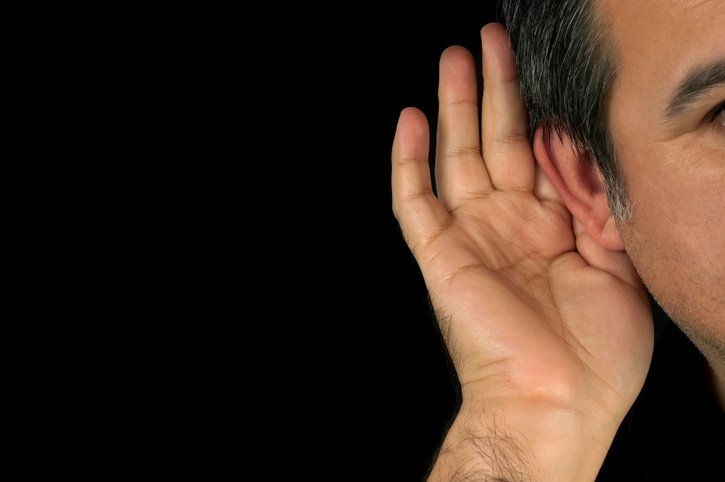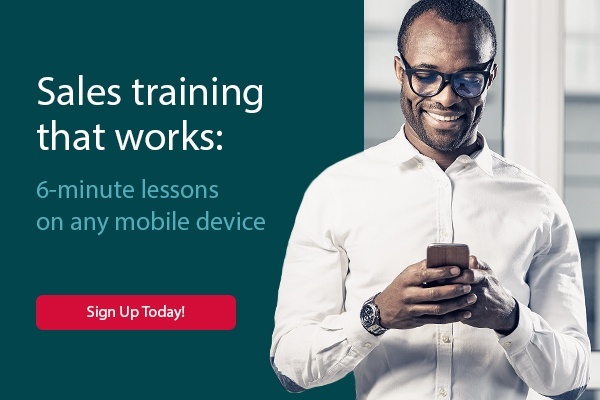“A good listener has the ability to better understand and process information. A great listener has the ability to use this information to negotiate, to influence, and avoid misunderstandings and conflicts." – Christopher Pappas

There is a variety of online content about active listening from experts like Christopher Pappas, Julian Treasure and many more. Each of them offers advice on better listening techniques, which can be especially relevant to those of us who live in the city. We’re used to being assaulted by a cacophony of noise in traffic, our office environments, our neighborhoods, etc.
Whenever you are listening to your prospect, all of that background noise needs to be tuned out. Here are some helpful tips:
- You want to be fully in the moment, focusing at least 75% of your time on listening while remaining calm, resourceful, and flexible. You certainly want to maintain a sense of curiosity. Nurture the silence; however, don’t be afraid to ask questions.
- Many of the revelations in a meeting come from the pauses between speaking. For example, if you ask a question, make sure there is enough time for a customer to answer thoughtfully. They shouldn’t feel rushed. They need to feel relaxed enough to ponder their answers. I often say that speaking is a lot like music. There would be no music if there were no space between the notes. It would just be one constant sound… not very interesting, for sure!
- Don’t compose your response instead of listening. That’s not listening at all, and very often it comes across as being rude. Although you aren’t speaking, you’re giving off non-verbal cues that you aren’t giving your full attention.
- You certainly shouldn’t multitask while listening.
- One of the questions I often get asked is, "How do you tell when someone's multitasking on the phone?" One of the things you can do is stop talking, because when they hear the unexpected silence they will immediately snap out of it and think “Uh-oh,” or they'll think you just asked a question and are waiting for an answer. Other ways to deal with multitasking on the phone is to ask a lot of questions, because they'll eventually have to put their other projects aside and give you their undivided attention. Another solution is straight-up honesty. Say, "You know, I feel as if you've got a lot going on there. Perhaps I should call you back at a more convenient time?" More often than not, the person's going to say, "Oh, I'm sorry. I'm just a little bit distracted here. I wasn't paying attention as much as I should have been. I promise you, I'm all yours now. Give it to me again."
There are other aspects of active listening that can help anybody regardless of where they stand in their sales career, neophyte or veteran:
- You must be taking notes. When a customer sees this happen, it reassures them that what they're saying is important and will not be forgotten.
- If you don't understand something, wait until the speaker has finished speaking, then ask a qualifying question. You might ask them to demonstrate what they just said to ensure that you understand the point they’re trying to make in the proper context.
Stay tuned for more on this topic next week...







